|
How polite and patient are the famously warrior-like Acholi people? We have divided ourselves into two groups, an exploration crew and a well repair crew. Yesterday morning I was working with the exploration crew in the Acholi village of Teolam. When we run our cables across a walking path or clay track, we trench a very narrow slit in which we drop the cable, and then cover the micro-trench with clay or sand. A massive charcoal-laden lorry or a stampeding herd of ankole cattle could pass over this without damaging the cable.
Yesterday, a man on a motor bike stopped at the cable, graciously asking to pass. His very pregnant wife, on the back, was in labor, and they were rushing to the health clinic. Randy Shinduke and Christy Rouault did not think long, and let them pass. Personally, I would have asked them to pose for a photo first, but I was sampling Teolam’s existing water source, a 300 m distant spring. There are no better words to describe the spring than filthy and dangerous. Sure, one could be a bit more science-like and call it turbid with a high e-coli count. The unprotected spring is about 6 m X 6 m. Not so much a spring as a seep dug out from the side of the Gulu-to-Kitgum highway. There is essentially no flow, and the water is opaque. Women and children cross the highway in the pre-dawn hours to take water before the animals drink, though this sequencing is likely irrelevant to their health. The villagers are fully aware that they suffer from periodic typhoid and cholera outbreaks, and chronic diarrhea. Teolam certainly needs a water well. Meanwhile, 2 km away, at the village of Latyeng where the well repair crew was working, there was a party going on – a mega, African bull elephant-sized festivity – something akin to what Moses likely saw when he descended from Mount Sinai and the ancient Israelites were regaling around the Golden Calf. When I arrived in Latyeng in the early afternoon, the Acholi village women and the Acholi women on our well repair crew were celebrating the repair of their well. I must acknowledge that Tara Coultish, Kate Robey, and Linda Harrison on the well repair team held their own, while Landon Woods threw his lot in with the masterful Acholi drummers. A filing cabinet-sized speaker and a car battery had been hauled from I don’t know where. Acholi music was blasting with songs about jealous second wives, the strength and beauty of Acholi women, the longing of Acholi men returning from war, and certainly much more than was translated for me. Chickens were being butchered. Food was being cooked and eaten. The science was still going on – isotope sampling, water chemistry, field iron analyses, bacteria sampling – but no one except a few Wazungu (Swahili for white people) seemed to care much as the people of Latyeng were now, at least for the foreseeable future, free from relying on their own highly contaminated, unprotected spring as a water source. We replaced the mongrel mix of cracked PVC and galvanized iron components with more expensive but far longer lasting stainless steel hand pump parts. And as the dancing raged on, the 20 liter jerry cans continued to line up faster than they could be filled until there was a line of more than 60 containers waiting for water.
0 Comments
Leave a Reply. |
Categories
All
Archives
August 2022
|
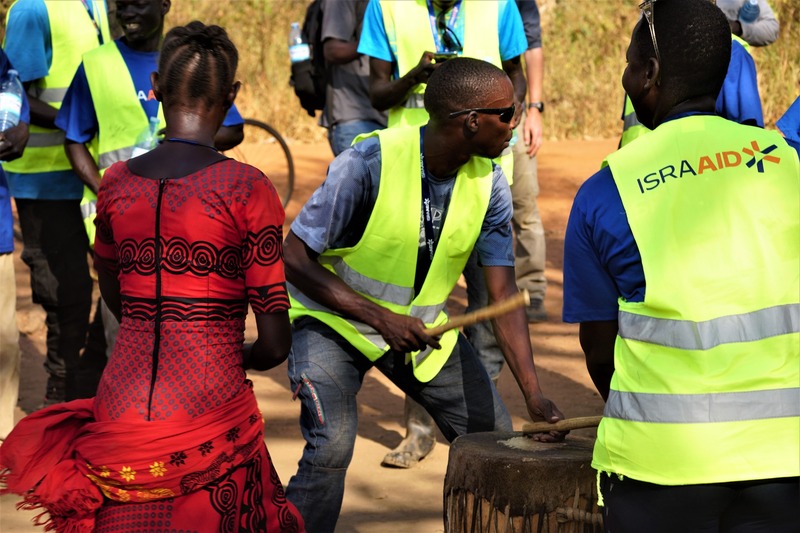
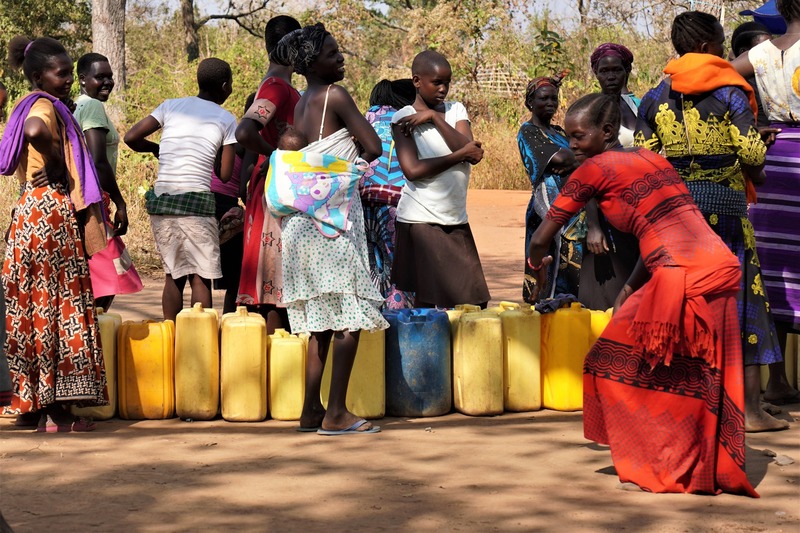
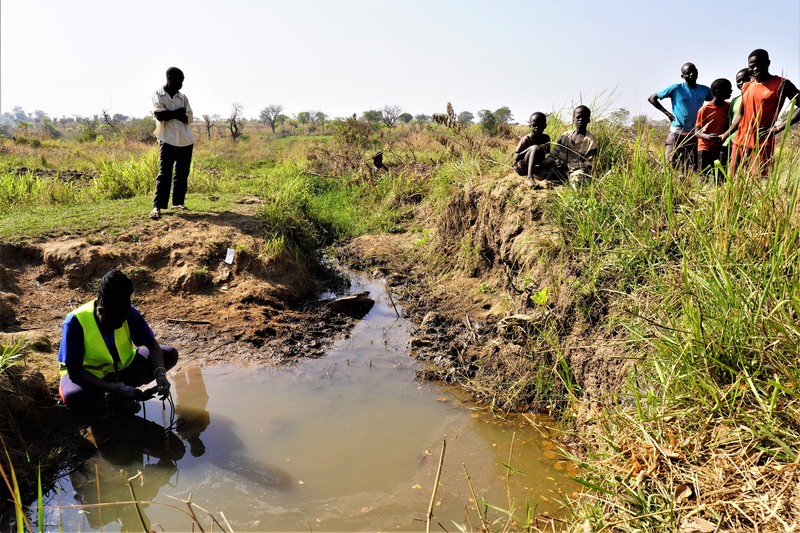
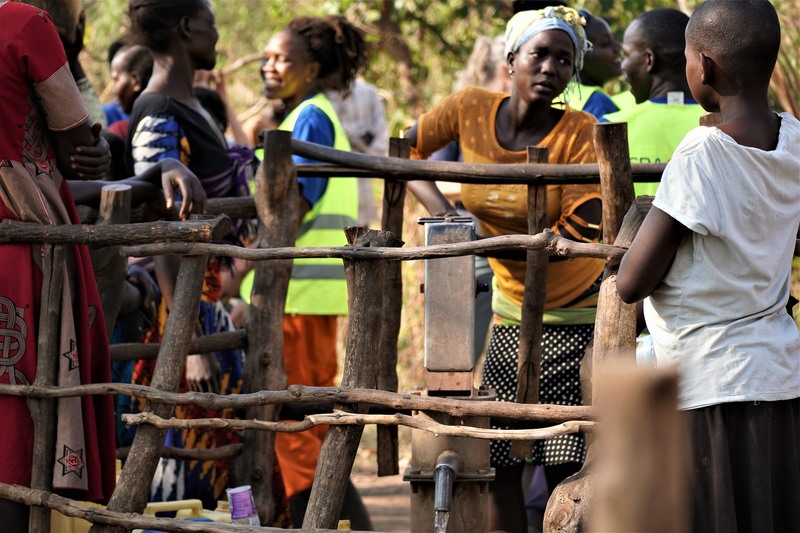
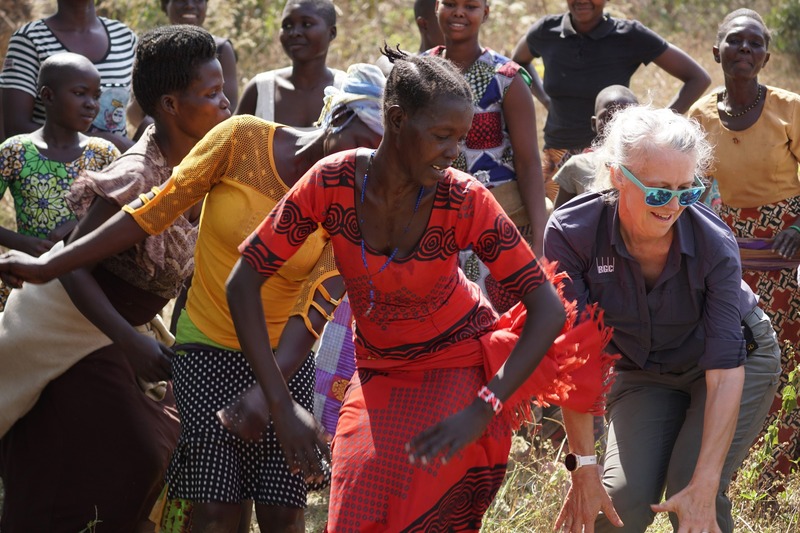
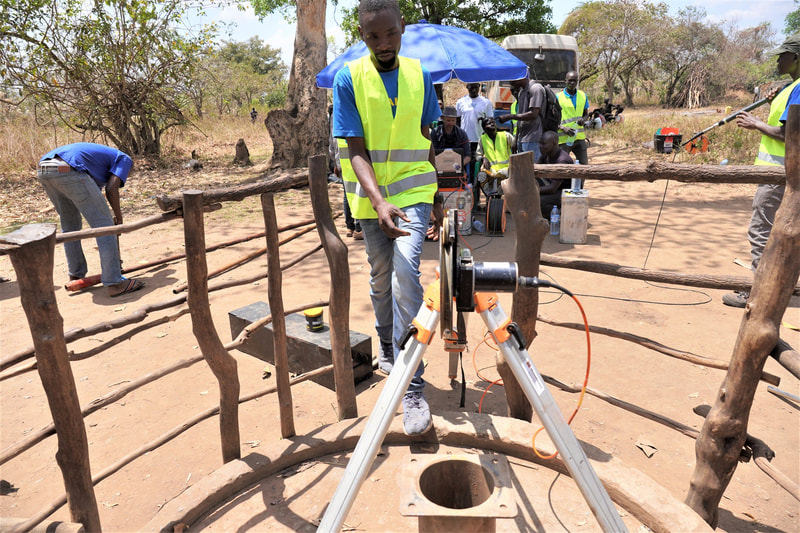
 RSS Feed
RSS Feed